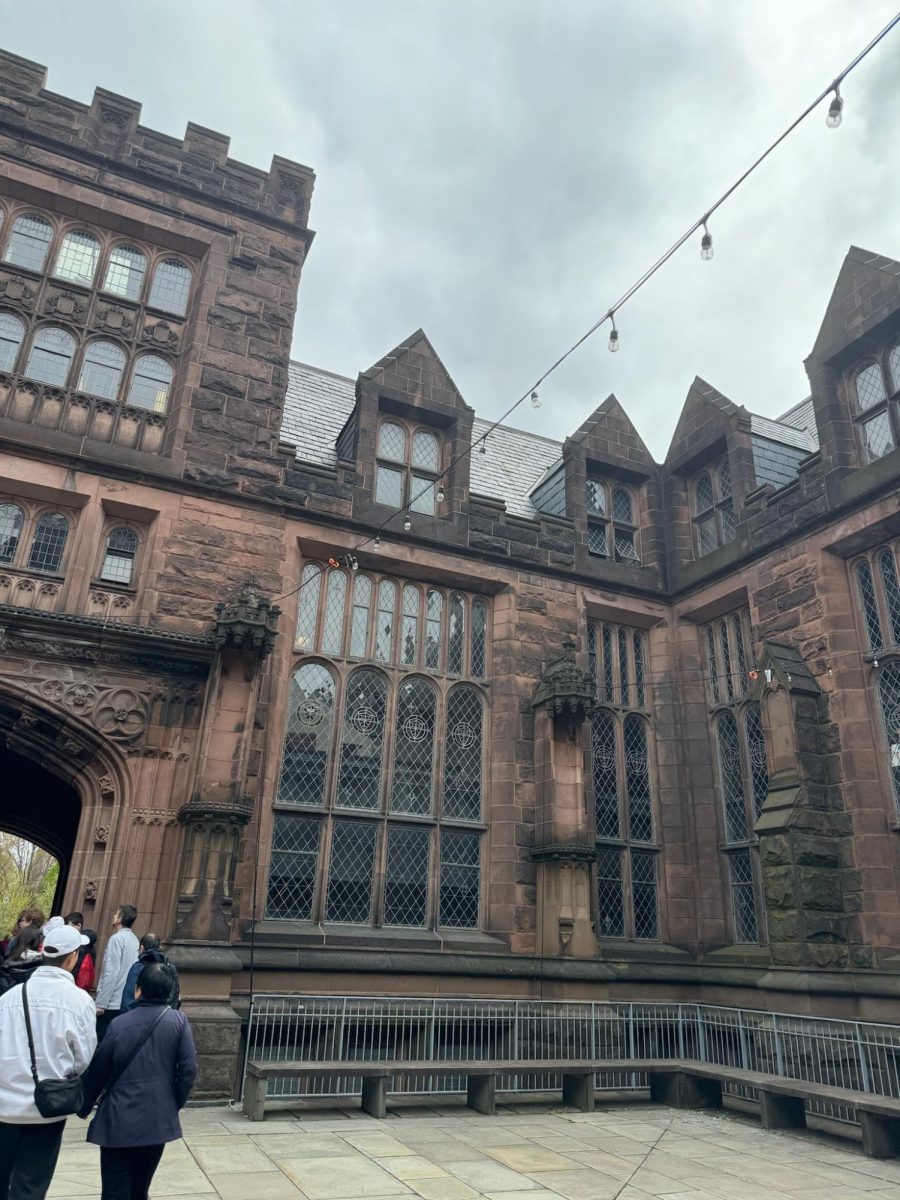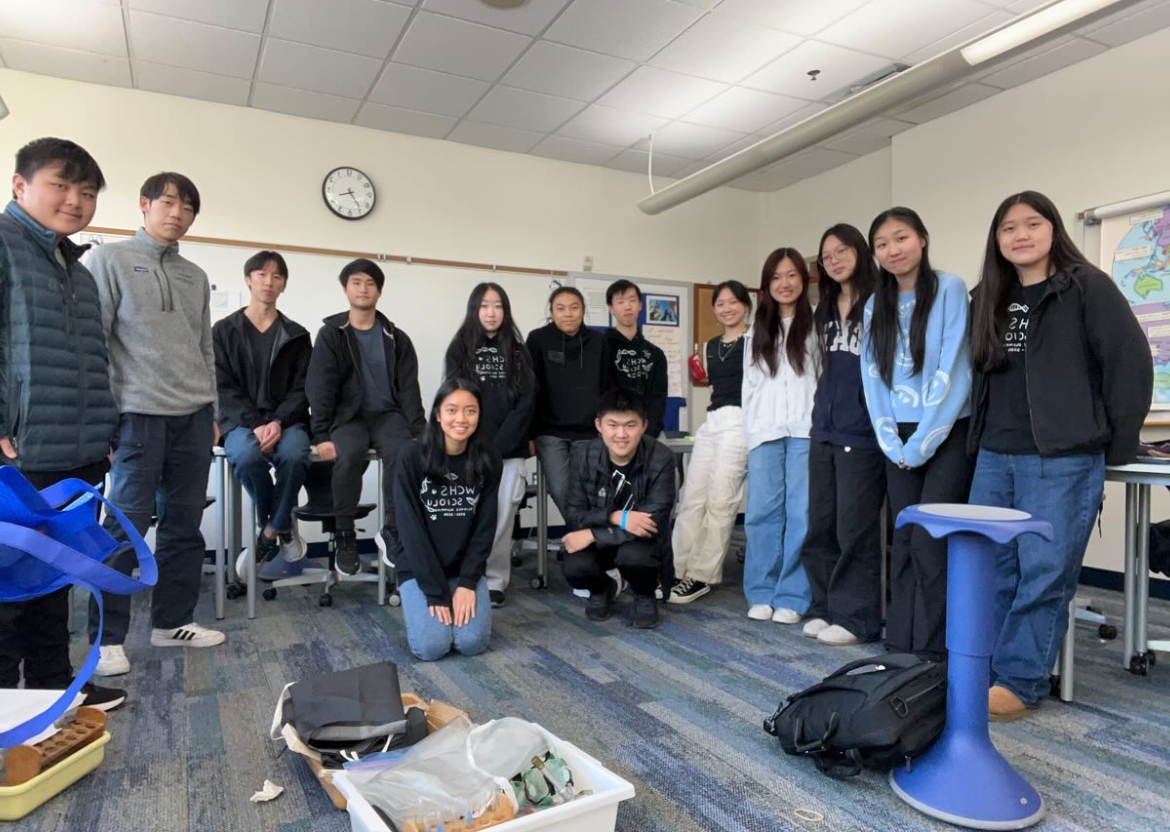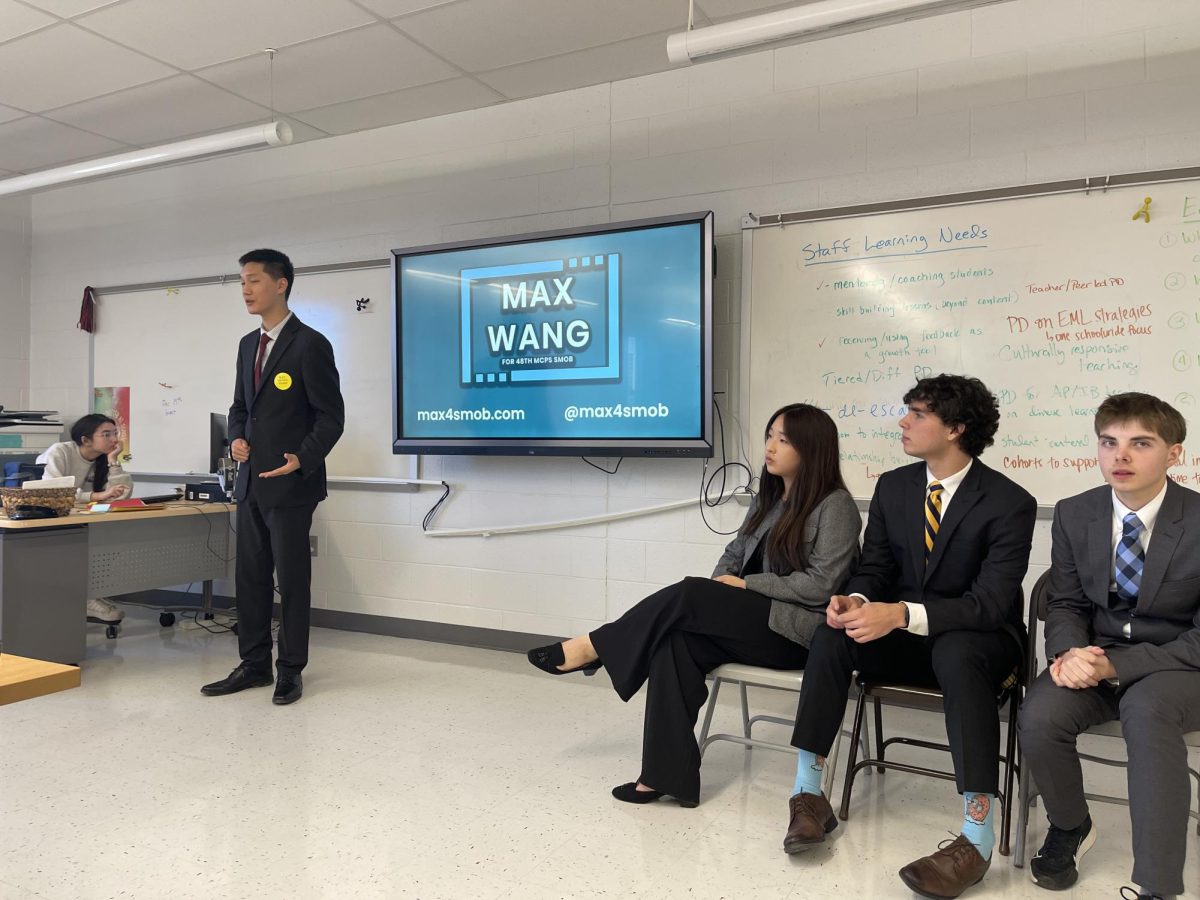Along with being Breast Cancer Awareness month, October is also Dysautonomia Awareness month. In order to support the cause, students are wearing turquoise to raise awareness.
Approximately one out of every 100 adolescents will experience a form of Dysautonomia,
Postural Orthostatic Tachycardia Syndrome (POTS), which is a condition that causes a dysfunction of the autonomic system, the involuntary system that controls necessary bodily functions such as heart rate and blood pressure.
However, many people are unaware that this condition exists, let alone can pronounce the name.
According to Dysautonomia International.org, an organization that raises awareness and money for research, approximately 69 million people worldwide are affected by secondary forms of dysautonomia.
This condition affects siblings sophomore Daniel Kessler and freshman Jordan Kessler.
“Getting up quickly or abruptly leads to lightheadedness and dizziness,” Daniel said. “Dehydration is a big problem.”
Dysautonomia is not only internally debilitating for the autonomic nervous system, but physically debilitating as well. Fainting and low blood pressure commonly occur and are symptomatic of autonomic dysfunction.
“We went to a three-week program at the Mayo Clinic in Minnesota,” Daniel said. “[The Clinic] helped physically recondition us after years of mainly lying down.”
As of now, there is no standard treatment for those diagnosed with Dysautonomia . The treatment to combat symptoms consists of medications, physical activity and lifestyle strategies.
According to Daniel and Jordan’s mother, Ellen Kessler, the founder of the non-profit organization Dysautonomia International, the cause is undetermined. However, some people believe viruses or rapid growth spurts could bring on Dysautonomia.
Dysautonomia International was officially launched in October 2012.
“Awareness is desperately needed, along with research,” Ellen said. “There is so much unknown about Dysautonomia.”
According to Ellen, many patients who have Dysautonomia are not diagnosed or misdiagnosed.
It is not yet known if this condition is hereditary.
“I hope Dysautonomia International will be able to fund research one day soon,” Ellen said.







